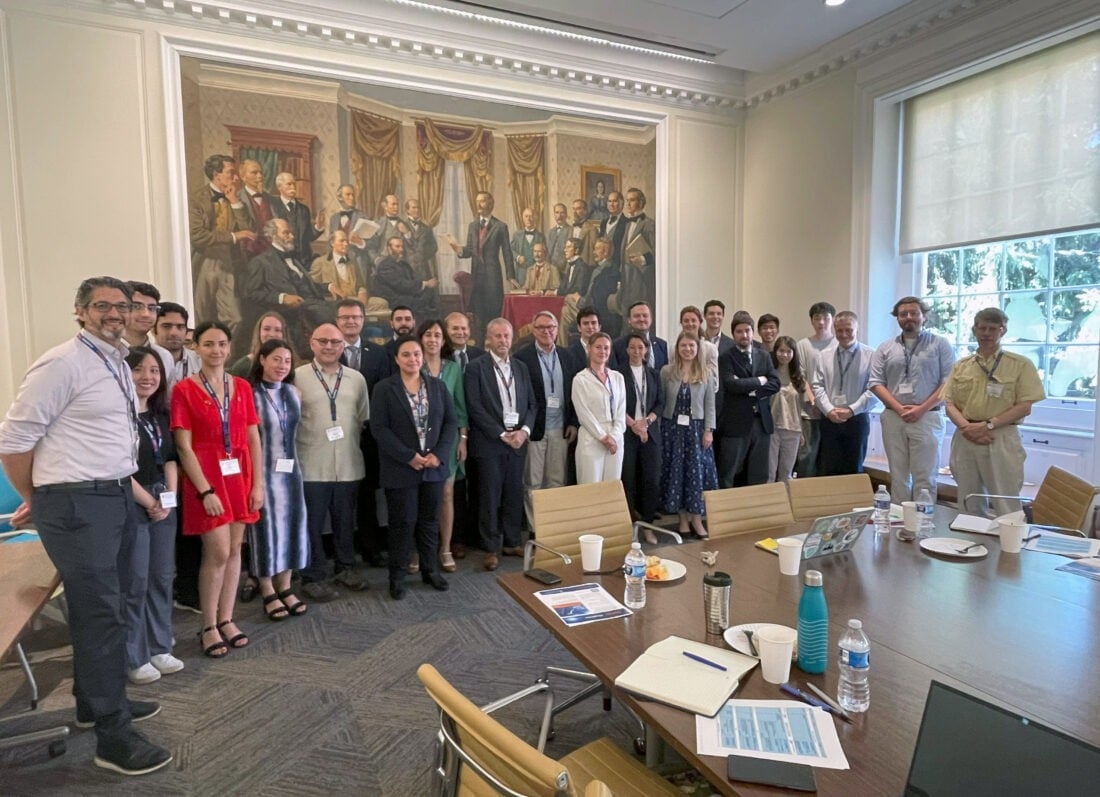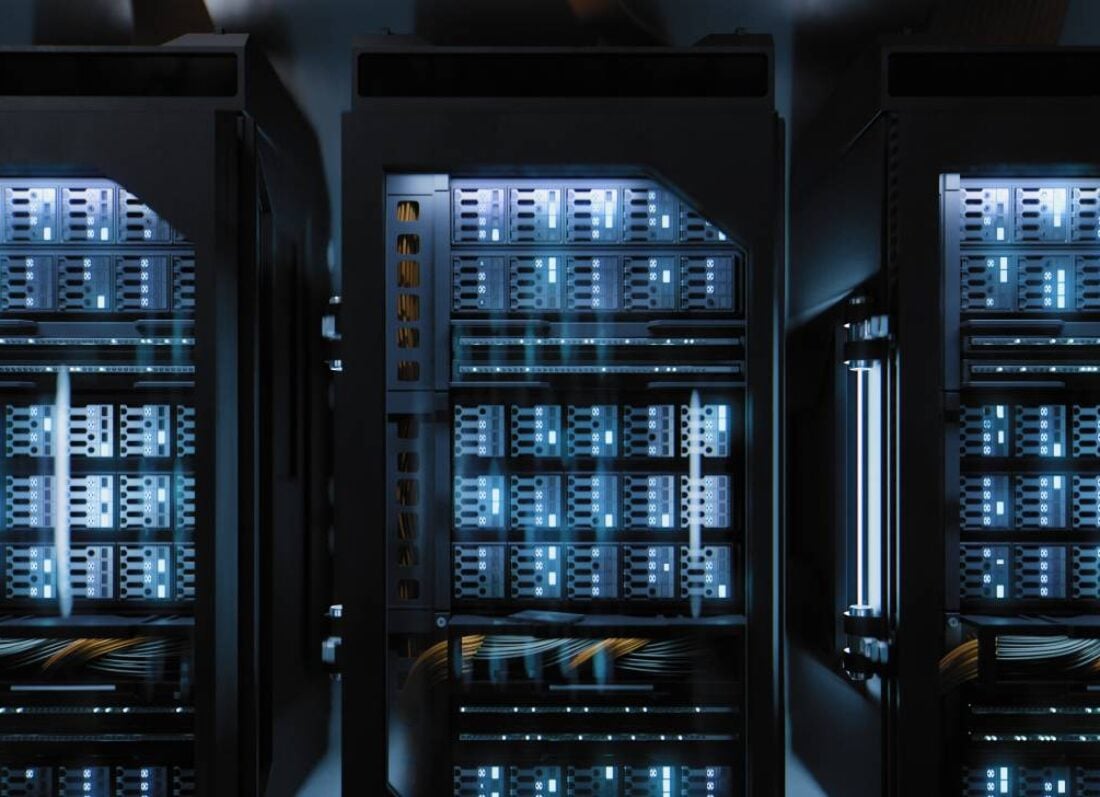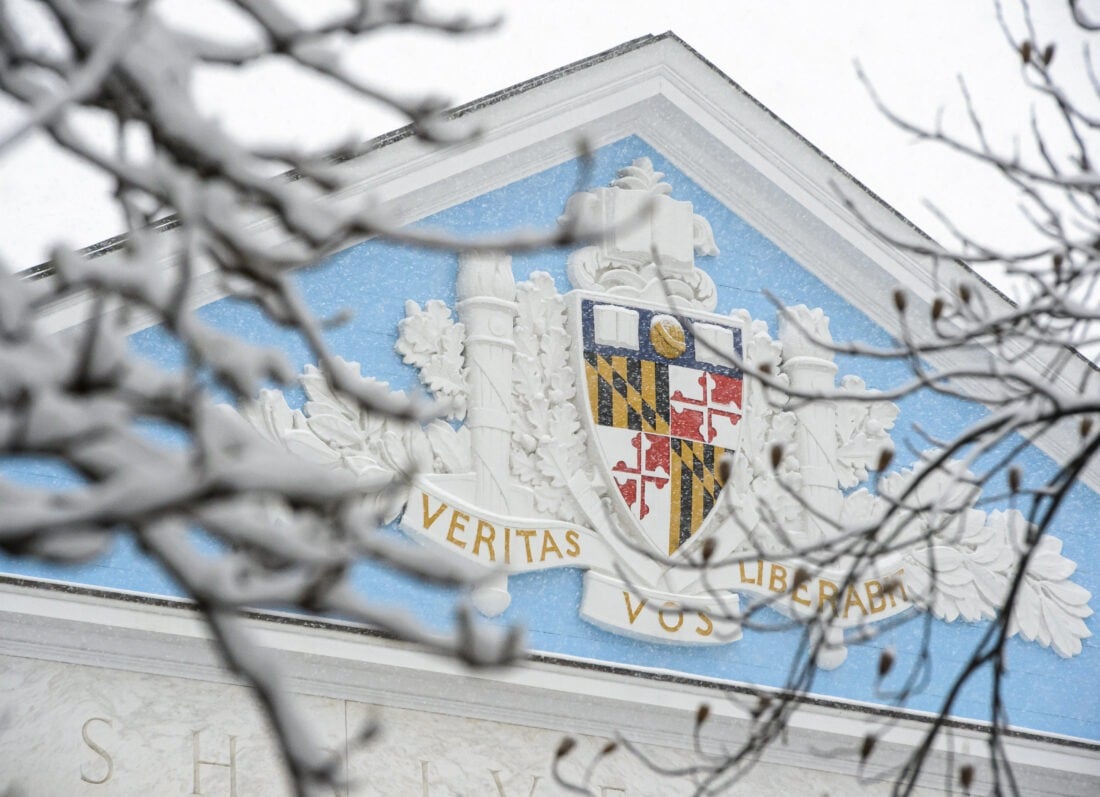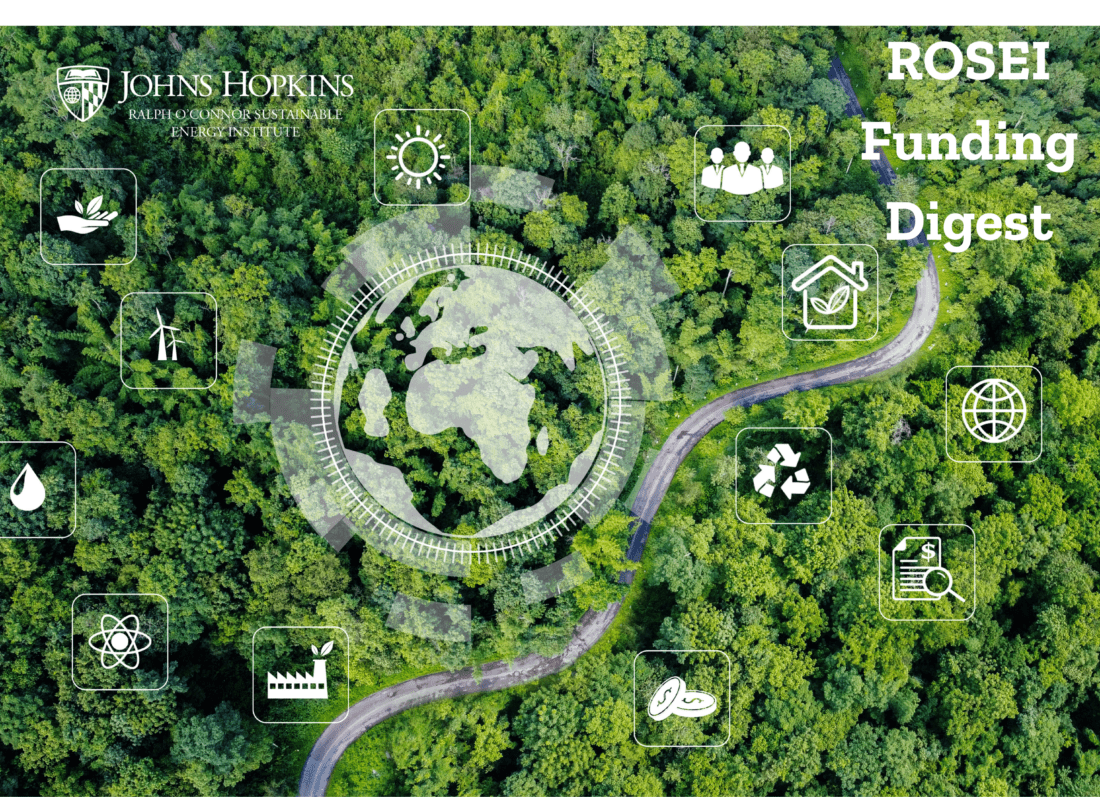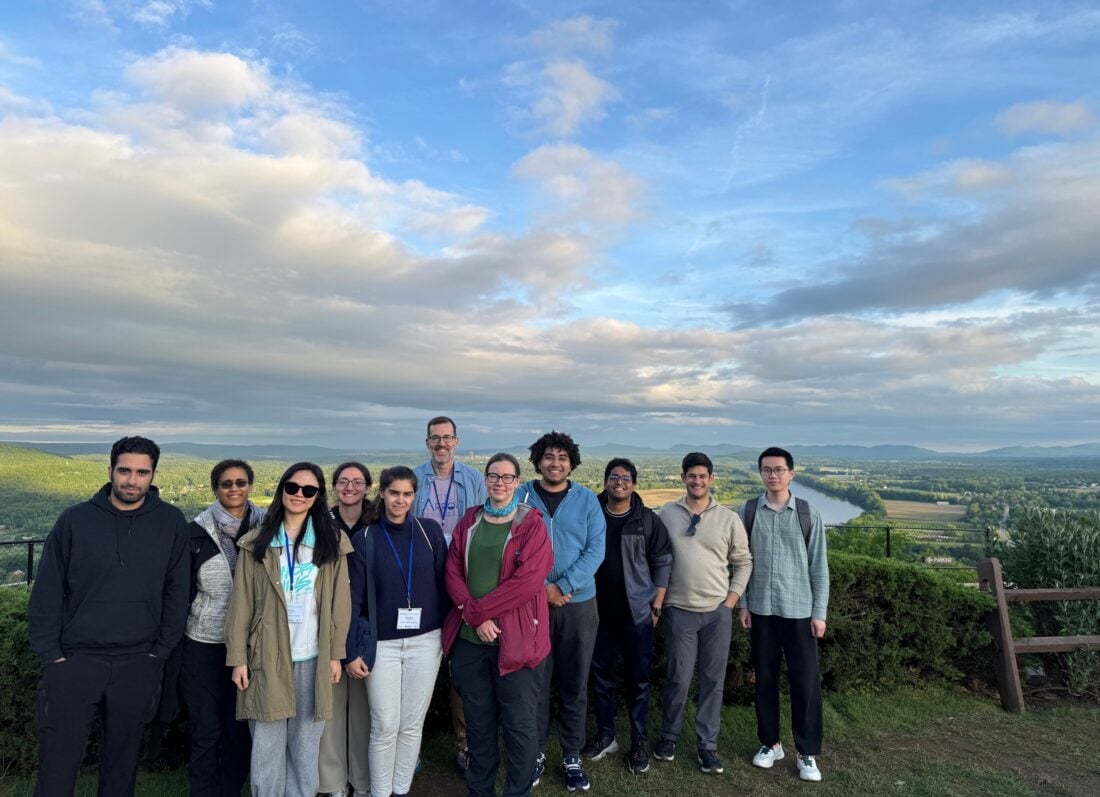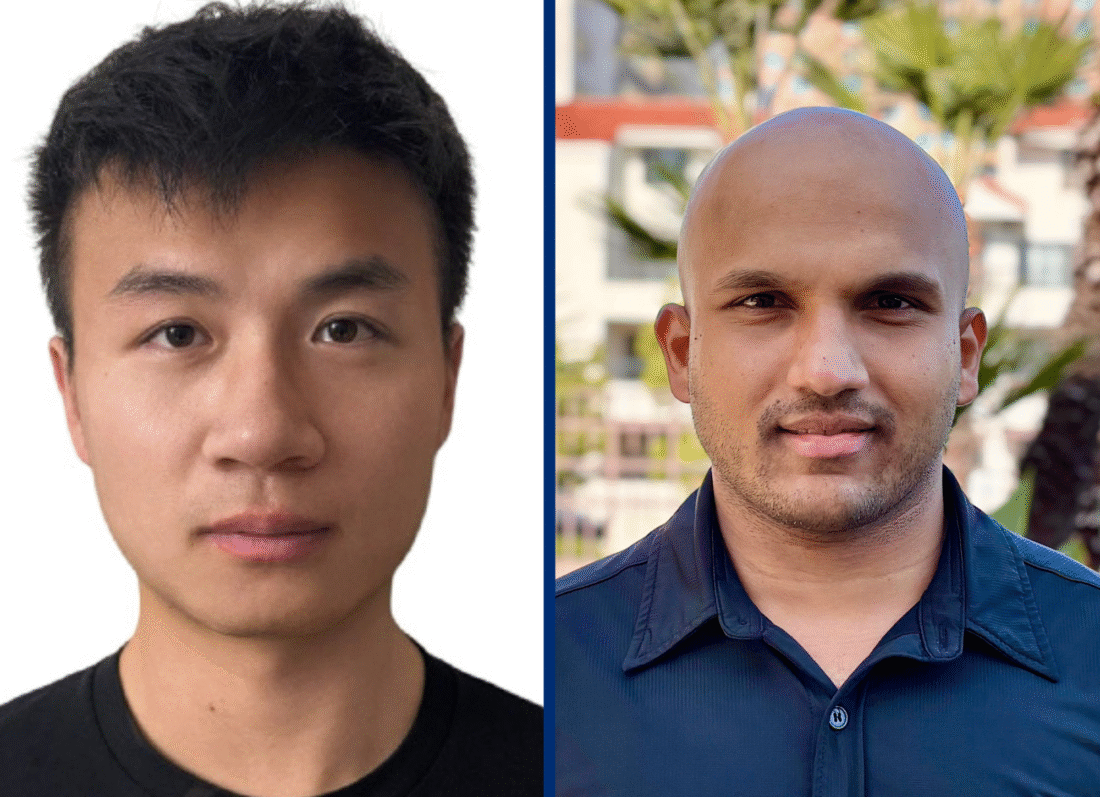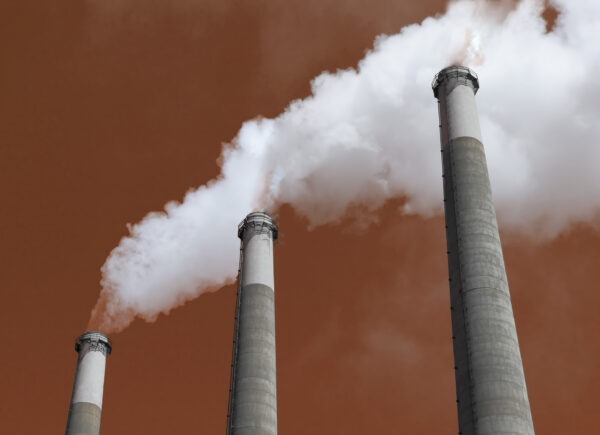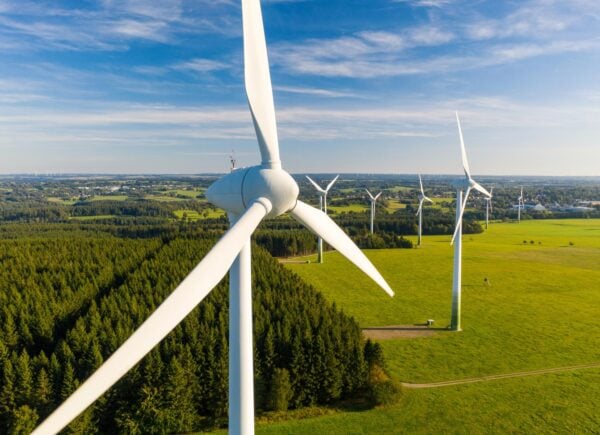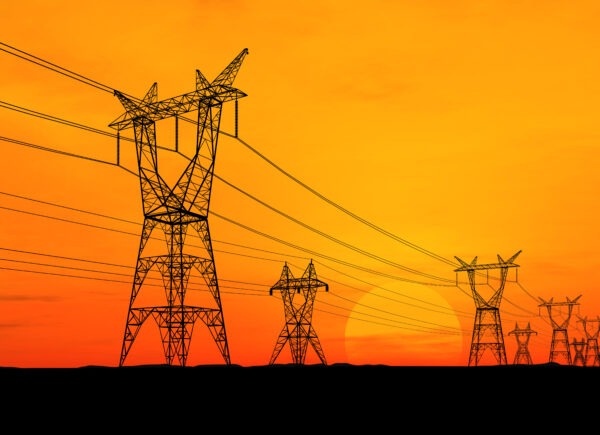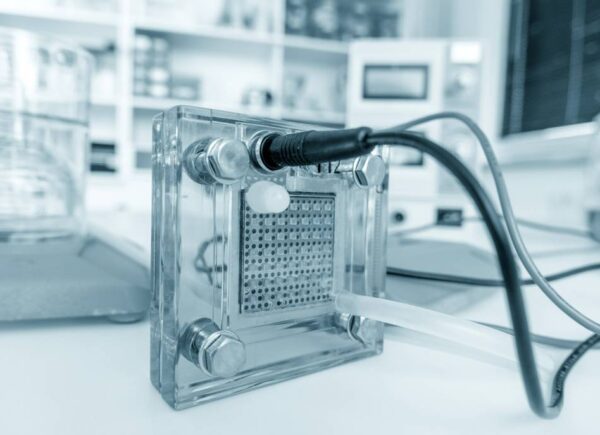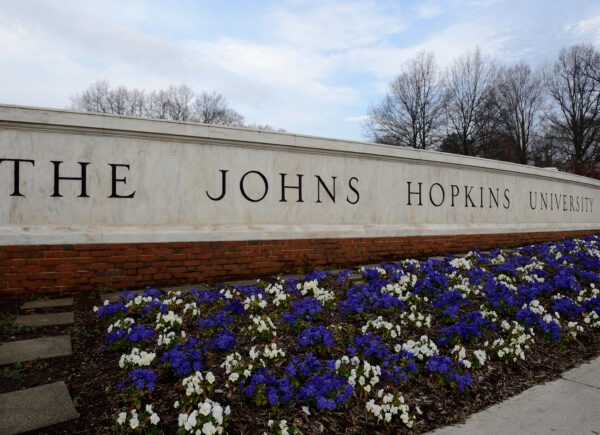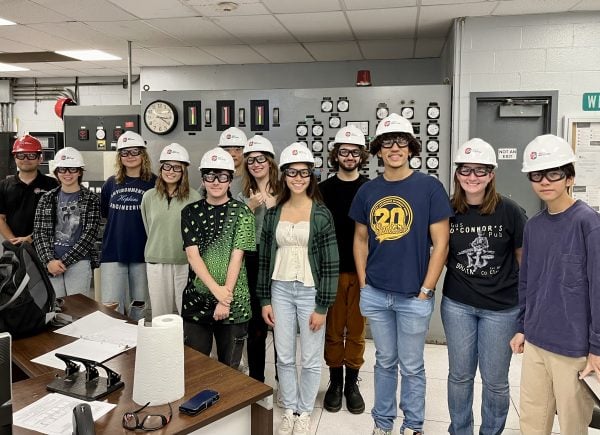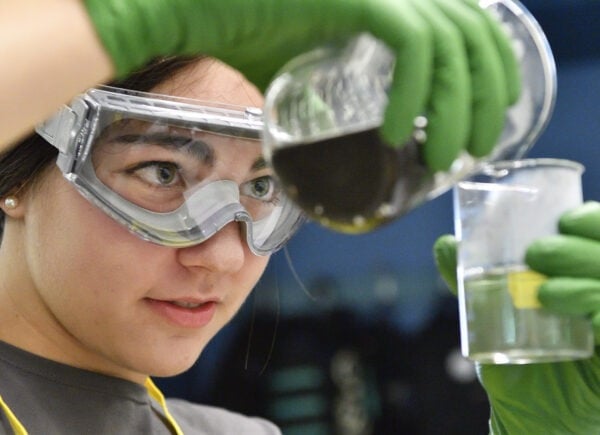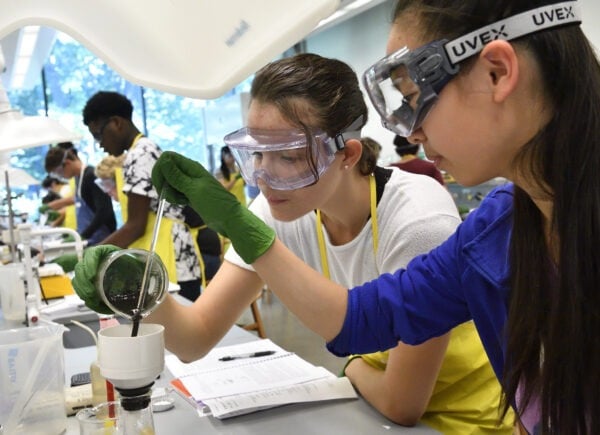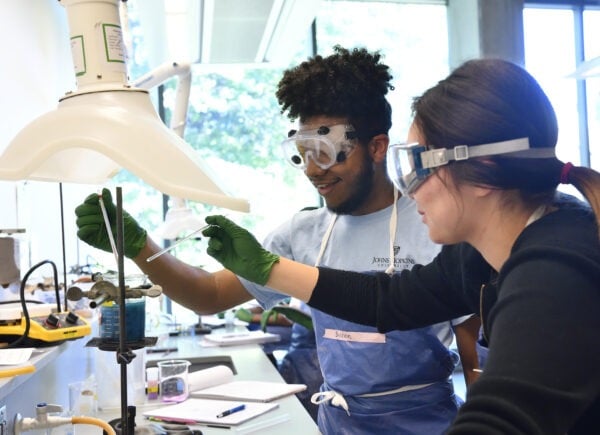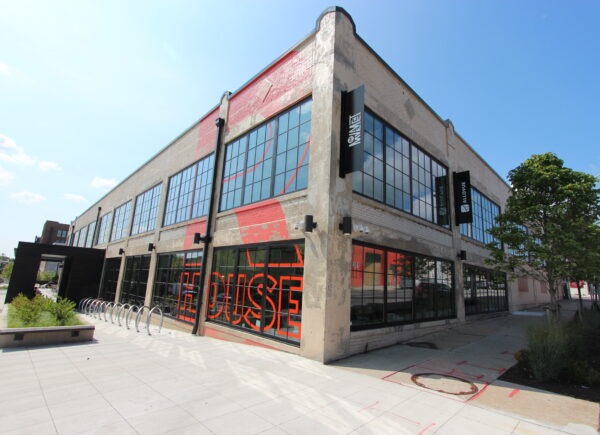Researchers, policymakers, and industry professionals convened on Johns Hopkins University’s Homewood campus last week for the Energy Technology and Science Read more
A report co-authored by Abe Silverman, an assistant research scholar with the Ralph O'Connor Sustainable Energy Institute (ROSEI), that aims Read more
The Ralph O’Connor Sustainable Energy Institute (ROSEI) at Johns Hopkins University, the National Science Foundation's EPICS Global Center and the Embassy Of Read more
This is the ROSEI bi-weekly funding digest summarizing external funding opportunities of interest to ROSEI and the JHU community. ROSEI Read more
The Ralph O’Connor Sustainable Energy Institute (ROSEI) had a large contingent participate at the first annual Summer Education Accelerator (ARROW-SEA) Read more
The Ralph O’Connor Sustainable Energy Institute (ROSEI) can announce Fei Hu and Bhathiya Rathnayake as the selections for the inaugural Read more
